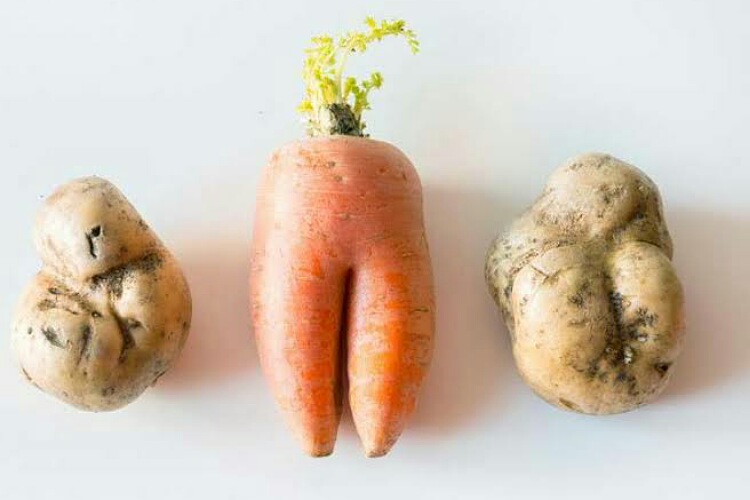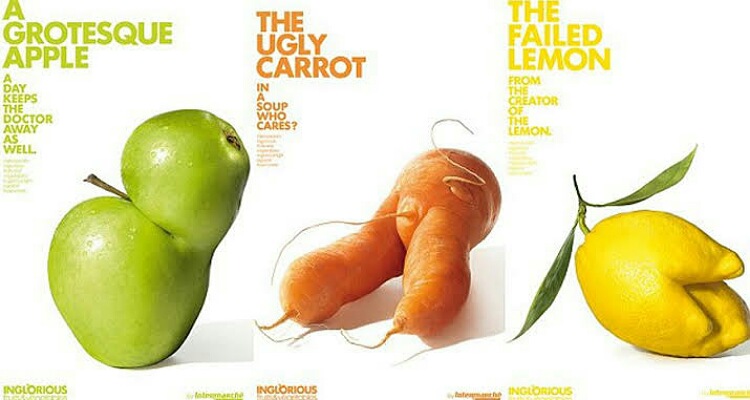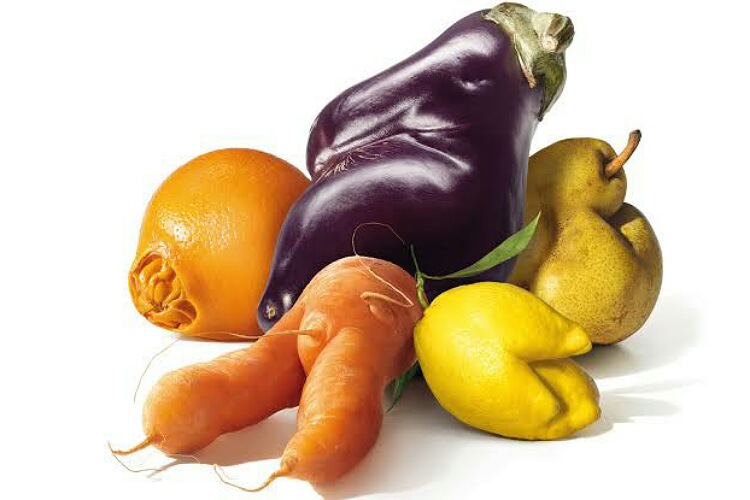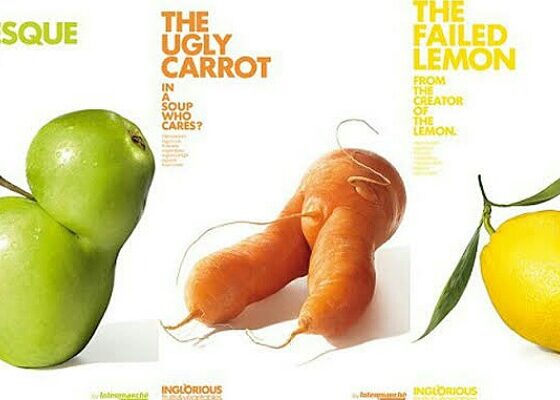Inflation is the highest now in the UK. And along with that are the shortages of fruits and vegetables. And food wastes are also high. One needs to stop the waste of the ugly fruits and vegetables. This could help overcome food shortages.
Food prices, food shortages and food wastes
Inflation is high in the world including in the UK. This is due to the Russian-Ukraine war and also the fact that the world has yet not completely recovered from the insult of the covid pandemic. Food prices are soaring. To add to the problem, there are now food shortages that the Britishers are facing recently. Fruits and vegetables are in short supply. This led to several supermarkets rationing the sales of these healthy foods. It is just a day back that the rationing has halted.

There is also another reason due to which the supply of fruits and vegetables came down. Ugly fruits and vegetables are disposed off even before they reach the grocery shops and supermarkets. Research has shown that around 14% of fresh produce globally is removed after harvesting due to cosmetic reasons. A recent survey of UK Food Standards Agency revealed that 66% of the surveyed people expressed concern about food prices and 60% were worried about food waste. This waste is significantly high and more than half of food is thus lost along the agricultural food chain.
Ugly fruits and vegetables
Another research stated that out of the fresh produce, 25% of the apples, 20% onions and 13% potatoes are unsightly and hence destroyed in the UK. Nonetheless, they have the same nutrition and also same capacity to feed hungry mouths as the good looking counterparts. This means that the farmer tries to cater to the strict specifications of the consumer as regards appearance of the produce.

And despite being edible, a significant part of these fruits and veggies are discarded even before they leave the farms. These are not harmful produce or less nutritious. Yet they are thrown away due to cosmetic reasons. This is waste of food for a flimsy reason. And this wastage especially holds importance during the current food shortages.
Moreover, this waste adds onto the environment damages. It contributes to food insecurity and rationing of these foods such as of tomatoes, raspberries and cucumbers. Hence one needs to consider all the steps that can help in fresh food availability on the supermarket shelves to overcome the current food crisis.
People want fruits and vegetables that are perfect and of uniform size and shape. They do not like to pick up those with blemishes, scars, different shapes and sizes or color. But a recent research states that 87% of consumers are ready to purchase even imperfect fresh produce now. And previous studies have shown that consumers are unpredictable and some can be really choosy in buying fruits and veggies.
What to do to minimize this food waste?
One can have a separate outlet or place in the supermarket to sell such imperfect fruits and vegetables. This will enhance profits for the farmers and reduce prices of food commodities for the consumers. Thus, two parallel channels, the main and ugly ones can boost demand of these produce too. With a growing market for imperfect fruits and veggies, its direct sales would create new opportunities for retailers and they could have healthy competition for it.

The retailers can increase awareness about environment benefits of ugly produce. More people then will be ready to buy the misshapen or scared fruits and vegetables. Additionally, such produce could be given in donations to charities to feed poor people.
Also, read Food waste reduction: You can eat these 6 food parts!
The farmers can also sell such ill-formed fruits and veggies to manufacturers of soups, stews, juices, sauces etc. Else, they can use it to make compost. This food waste can enrich the soil to yield more crops next time.
